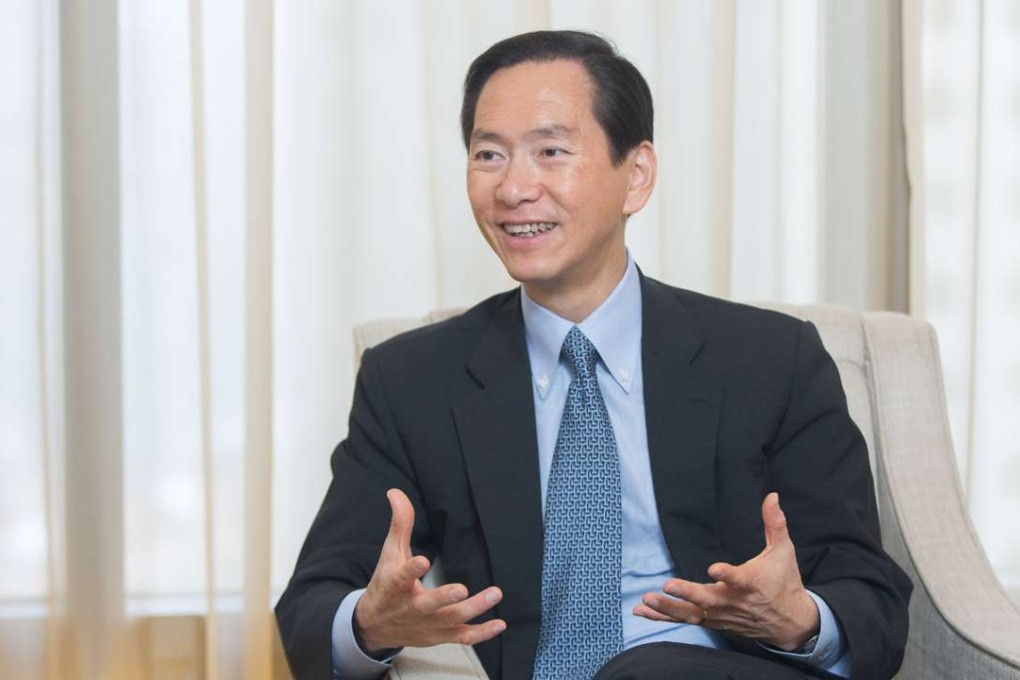Hong Kong cabinet heavyweight caught up in Panama Papers row agrees on need for more transparency
Bernard Chan says he would be happy to disclose further information about his offshore companies if that is what the public wants

A prominent member of Chief Executive Leung Chun-ying’s cabinet has agreed on the need for more transparency in interest declarations after he and other senior officials and politicians were found to have stakes in companies based in offshore tax havens.
Bernard Chan, the Executive Council member named in the Panama Papers leaks and a director of more than 40 overseas companies, said on Thursday: “If the general public require members disclose business nature for all companies [in which they have stakes] I believe all of us would be happy to do so.”
But lawmaker Regina Ip Lau Suk-yee, another cabinet member, disagreed with former civil service minister Joseph Wong Wing-ping’s suggestion that the government should ban executive councillors and ministers from holding stakes in offshore companies.
Prominent Hong Kong politicians and businessmen named in new round of Panama Papers leaks
Exco members are required to declare their paid directorships in both Hong Kong and overseas companies and to state the nature of business their companies are involved in. But if they hold other kinds of stakes, they are not required to make similar clarifications.
Chan did not declare the nature of business of the 19 companies in which he holds a stake.
In the case of Secretary for Commerce and Economic Development Greg So Kam-leung, for instance, he declared to the Exco secretariat that he had a stake in Lancy Development, but he did not have to state the nature of its business.
Chan, who insisted that he had made all the necessary disclosures about his offshore stakes as required, said offshore operations, though “secretive in public perception”, were “very common for the investment and financial sectors”.